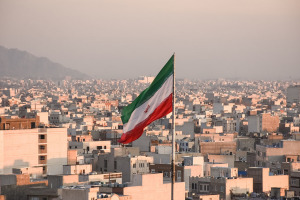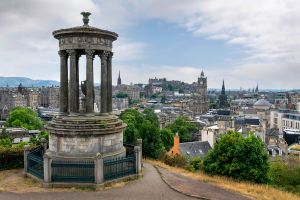Racism Is a Sin Church Must Confront for Gospel to Move Forward, Bishop Claude Alexander Says
Church at Its Worst Preached Slavery as God's Word
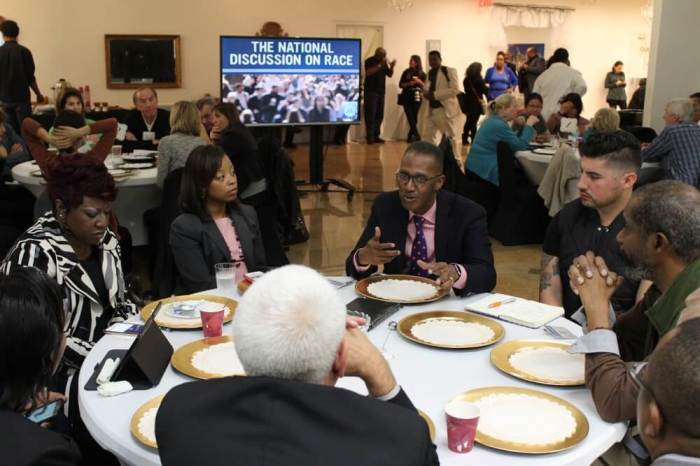
NEW YORK — Bishop Claude Alexander, senior pastor of The Park Church in Charlotte, North Carolina, called racism a sin problem that the Church is equipped to address and must confront in order for the Gospel to move forward.
At its worst, he said, while the Church played a crucial role in the abolition of slavery, as an institution, it was complicit in the maintenance of slavery at a time when it was preached as God's Word.
"Racism is sin. The denial of the image of God is sin. The denial of place is sin. The denial of essential personhood is sin. The denial of access and opportunity is sin. Nobody is better equipped to deal with this by way of just our nature than the Church. We're equipped to name sin, to call for repentance, and to bring about reconciliation," said Alexander.
Speaking Monday at the "National Discussion on Race" conference convened by Movement Day Global Cities at Bethel Gospel Assembly in New York City on Monday, Alexander opened his discussion with a reference to John 4 which highlights Jesus' encounter with the Samaritan woman.
"It's always interested me how John writes at the beginning of verse 3. He writes, he left Judea and departed again to Galilee but he needed to go through Samaria," Alexander said.
"Now, if you were in the early Church you would understand how significant that statement is. We don't if we're reading with the untrained eye, but the trained eye read that this is such a significant event that John includes it among the many things that he left out.
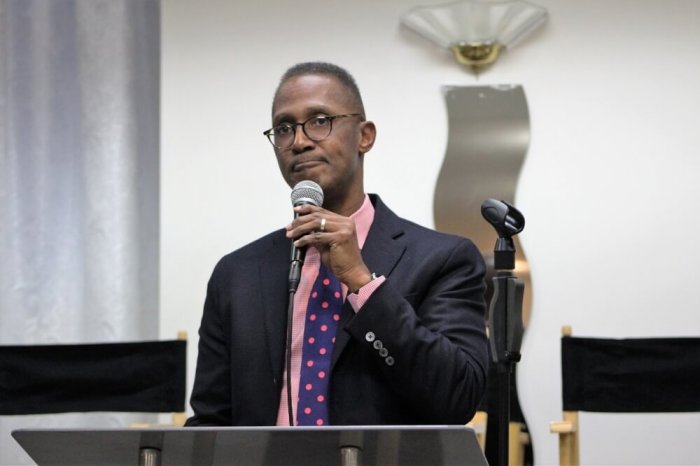
"Jesus must need [to] go through Samaria. He had to go through what others would usually avoid due to the racial tension that existed. And the term Samaritan, for the Jew, was a pejorative term. It was akin to the N-word today. It applies to the racial identity of those Jews who intermarried with Assyrians during and after the Assyrian invasion," the bishop said.
"And subsequently they were denied place in the work of the rebuilding of the Temple and of worship in Jerusalem. Every upstanding Jew traveling from Galilee to Judah, or from Judah to Galilee would travel around it rather than go through it. In fact, there were times when Jesus went around, rather than going through it," he explained.
Even though Jesus Himself had sometimes avoided going through Samaria, Alexander said, Jesus told his disciples to witness in Samaria.
"Samaria was a place of racial tension. … He is telling them that they must confront the place of racial tension for the furtherance of the Gospel. They cannot ignore it. They cannot avoid it. If their Gospel witness is to have its intended impact they must go there. And that perhaps is the greatest challenge of the American Church," Alexander told the audience. "We don't do Samaria well."
"We go to the uttermost parts of the Earth. We believe, we partner with the uttermost parts of the Earth and can't partner with people across the street or on the other side of town. We don't do Samaria well and yet our credibility with the uttermost parts of the Earth is compromised by our failure to address Samaria. Therefore, this what we do today, is an unavoidable and necessary conversation," he said of the conference.
He then highlighted a long list of American cities that have been in the headlines for racial strife such as Sanford, Ferguson, Charleston, Minneapolis and Charlotte.
"No American city is absent from the possibility of being in the national spotlight as it relates to race unless you happen to live in one of those states where there is no racial or ethnic diversity," he said.
Anyone interested in doing ministry in cities he said, must understand the complex forces at work when it comes to the issue of race in cities.
"The institutional structures and practices of city and community life have been the places that reveal and reinforce the vision and value of racial inequality or equality in America. Cities and Communities carried out the implications of America's position on race through codes, customs, policies, and practices," Alexander said.
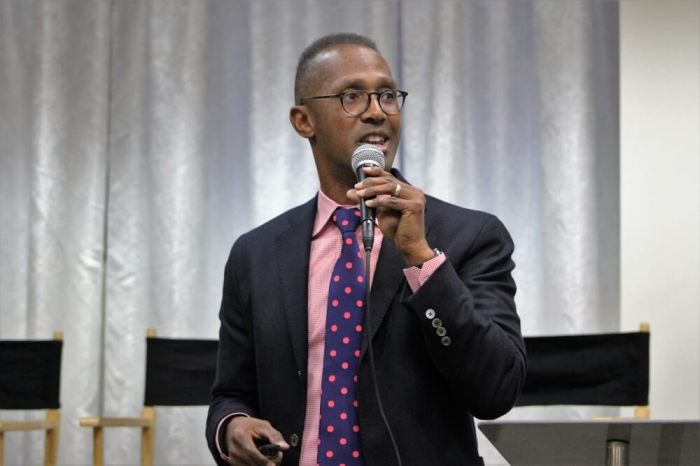
"Within the fabric of city and community life, we see the intentional and unintentional, the conscious and unconscious choices, actions, and responses that are informed, influenced, and impacted by race. In the examination of many cities and communities, you will find that everything from the composition, design, and amenities of neighborhoods, the placement, maintenance, and population of schools, the siting of utility and sanitation plants, the cutting of highways through neighborhoods, to the location of airports often track by race," he continued.
















